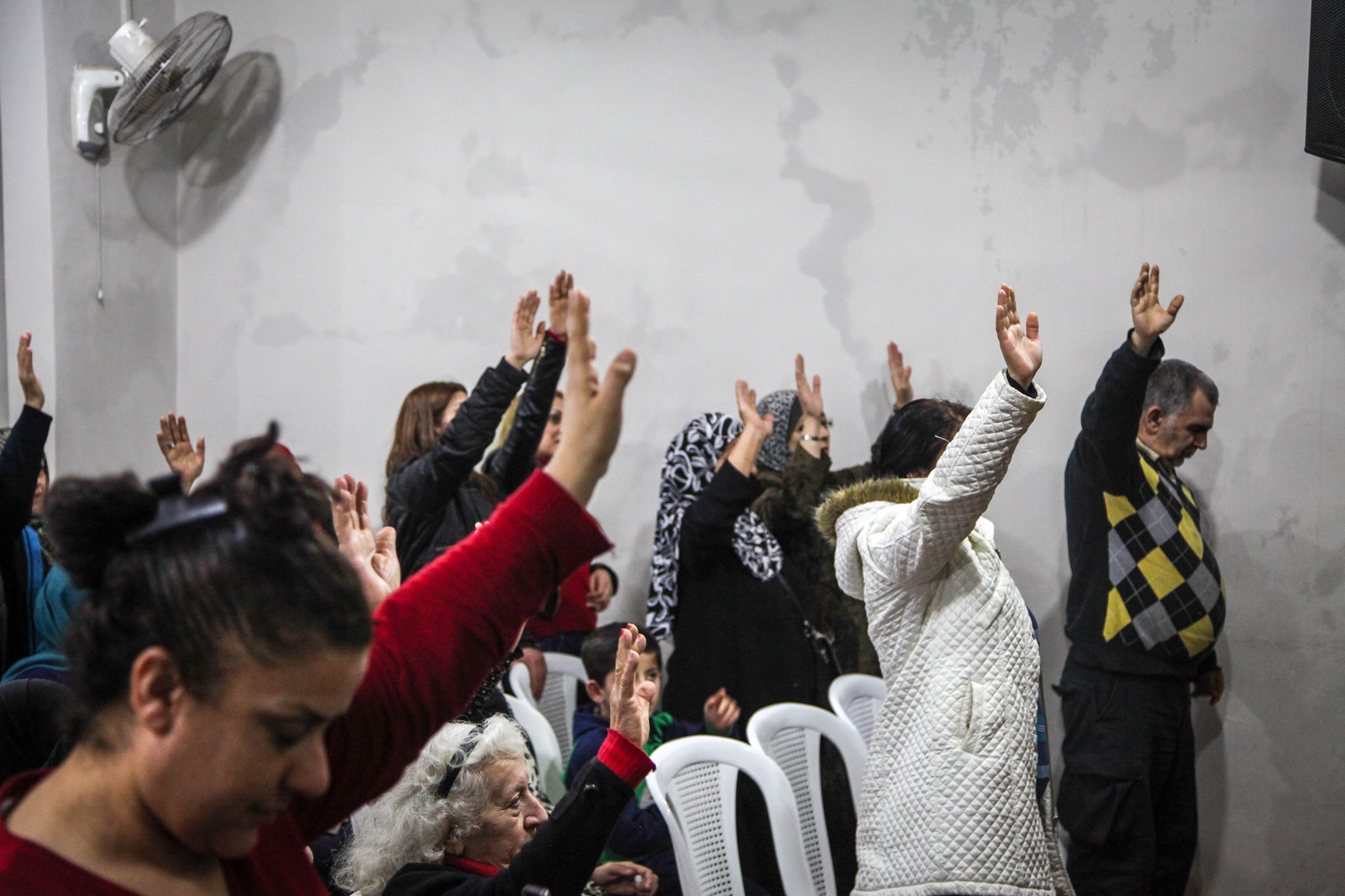What images come to mind when you think of the Middle East?
Is it the Hollywood, sepia-filtered montages of camels overlain with Arabian music? Do you think of colorful spreads of food and fine pottery? Or is it the more painful images of war and military checkpoints? The truth may be a mix of all these or none at all, depending on the country and era—except for the food; it’s always good!
One thing we often forget is the ancient historical roots of the Church in the Middle East.
Beyond walking the Holy Land or tracing Paul’s voyage in the Mediterranean, you can find the ancient city of Nineveh in Iraq. You can visit the church of St. Peter in Hatay, Türkiye, which is believed to have been planted by the Apostle Peter himself. Or better yet, you can meet and commune with the long-established Christian communities in Syria who still speak Aramaic, the language of Jesus.
To set foot in the Middle East is to step back into our history as followers of Christ. But it is not a step without risk.
Studies show that Christians only account for about 5% of the population in this region. Most live under the weight of persecution and prejudice from governments, religious institutions, and majority populations in their countries.

Mission workers in the Middle East face many challenges in their work and daily lives. Stories of grand revivals and rapid growth are rare. In most places, there are not thousands, hundreds, or even dozens of churches being planted. For those faithfully serving, the work is often slow, lonely, and can feel discouraging.
Thankfully, many scriptures speak about this. For example, in Galatians 6:9, the Apostle Paul wrote, “Let us not become weary in doing good, for at the proper time we will reap a harvest if we do not give up.”
Be encouraged that these verses were written to churches in the same land where the few but faithful mission workers serve today. Galatia, an ancient city, is now located in modern-day Türkiye, a majority Muslim country in the Middle East.
It is a unique privilege to share the Gospel in the region where it first spread, and there is a great need for more missionaries as people continue to live and die without Christ in the Middle East.
Mission worker John Keith Falconer, who served in Yemen in the 1800s, once wrote, “I have but one candle of life to burn, and I would rather burn it out in a land filled with darkness than in a land flooded with light.”
If God sent His only Son to this very region of the world to save all of humanity, we can be sure He will also complete His work both in the Middle East and beyond. The question for you is, will you be a part of it? The invitation is there, given on the Mount of Olives 2000 years ago—you only need to answer the call.

